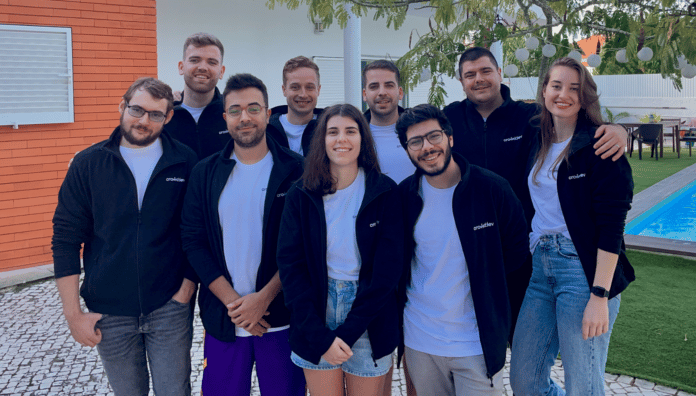Based in Berlin, but with a team spread across Europe, crowd.dev has just raised €2.2 million to unlock community-led growth for open-source companies. The startup is aiming to unlock the power that developers have in decision-making processes by bringing them together for authentic community interactions and creating a new growth channel.
It’s a developer’s world and we’re living in it. At least in the tech and startup space – developers are in short supply and high demand. Developers also hold a lot of power in modern companies. They often hold the power over which tech companies use and increasingly, the way to budgets is through the developer.
However, traditional sales and marketing strategies don’t really work for developers. Data shows that they don’t respond well to traditional paid ads or sales emails and calls. But one way they can be engaged is via community platforms. And this is what crowd.dev is building – an open-source community-led growth platform with features and integrations tailored to developer-first businesses. Now, the remote team has picked up new funding to expand and develop the product.
The details
Crowd.dev has now raised €2.2 million in pre-seed funding. Seedcamp and Lightbird led the companies’ initial funding with participation from Possible Ventures, Angel Invest, NevrSeen, and notable angel investors, including Russ Heddleston, Cedric Sellin, Christian Stiebner, and Matthäus Krzykowsk.
With the funding, the startup also plans to release its open-source offering.
Devin Hunt, Venture Partner at Seedcamp:, “We at Seedcamp have backed many developer-focused companies, and we have seen firsthand how important community building is to their long-term growth. crowd.dev’s tools give a startup all they need to radically simplify community-led growth. Their open-source, developer-first approach is a game changer for any business whose developer community is critical to their success.”
Community-led growth
Founded in 2021 by Jonathan Reimer and Joan Reyero, crowd.dev was created to address the fact it’s not easy to build communities within the open-source space – and this has an impact on sales, marketing and growth.
crowd.dev was created with the belief that the future of business relies on thriving communities – particularly in this rapidly growing space. Developers have increased buying power when it comes to the technologies their companies use, and the way to their hearts (and their company’s budgets) isn’t through paid ads or sales reps but authentic community interactions. In other words, developer-first businesses need communities as a growth channel.
While crucial, community building is complex and time-consuming work. The developer community tech stack is fragmented, and organizations are stuck managing endless platforms (think Github, Discord, Twitter, Reddit, etc.) and working with incomplete data. This makes it tricky to return tangible business value from community-building efforts.
crowd.dev aggregates data across developer communities and provides analytics, workflow automations, and insights to fuel growth. Premium tools are available modularly and can be selected depending on each user’s unique requirements. If a user is looking to grow their community, the Eagle Eye app allows them to find and engage with the right content across channels like Hacker News and DEV. If companies wish to improve their support content and search ranking, crowd.dev’s Community Help Center App automatically publishes landing pages with community-generated support content discoverable by search engines.
Jonathan Reimer: “We built every feature of crowd.dev to help companies find, engage, support, and collaborate with the right developers, to ultimately help them reach their growth goals through a vibrant community. Our open-source approach means customers can own their data and, more importantly, it enables us to build a thriving, open community of developers and companies around crowd.dev.”
Since March 2022, 300+ companies have joined the company’s beta, including some of the world’s fastest-growing open-source companies like Meilisearch, CrowdSec, or Dragonfly. The capital injection will go towards extending the product, adding more applications and data integrations, as well as making it generally available to the public.




